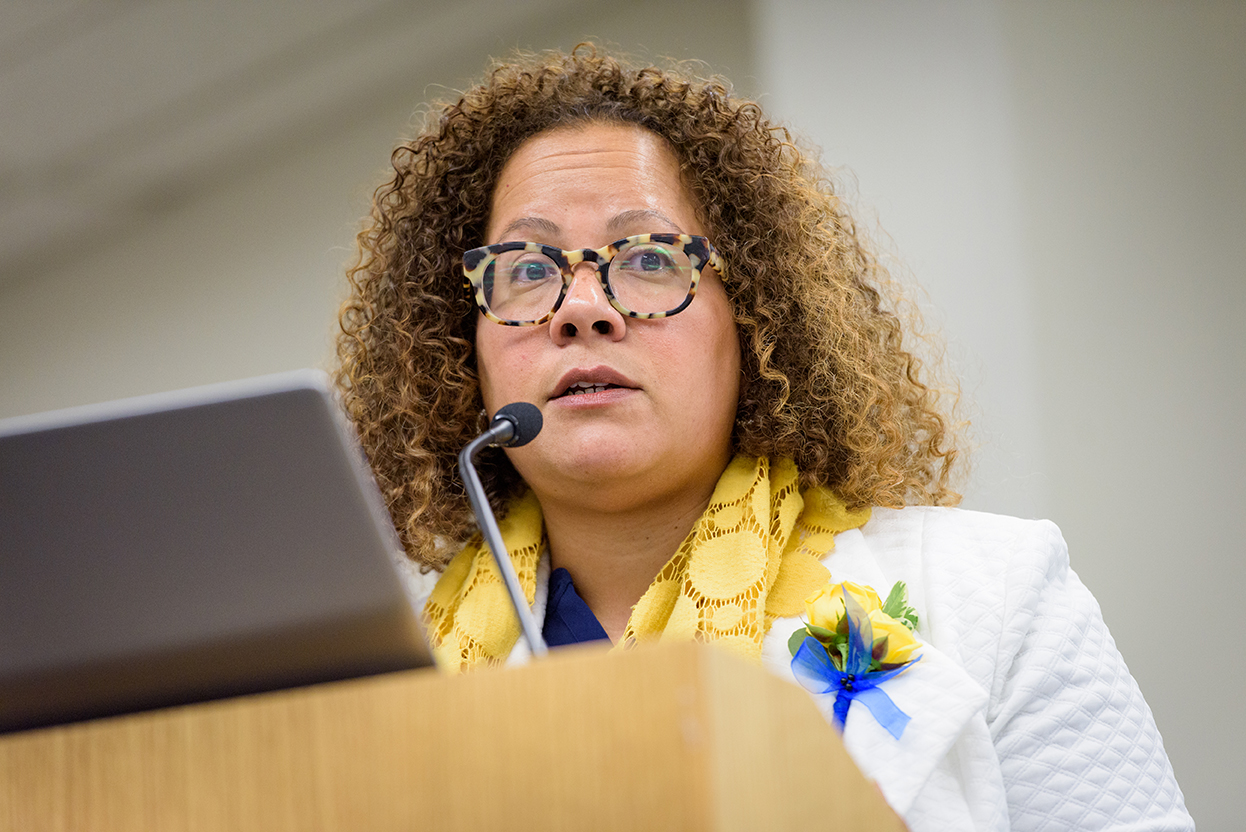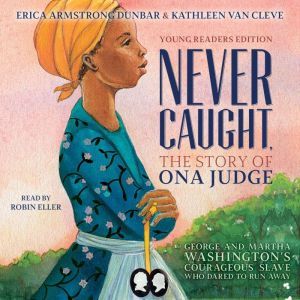


In escaping-likely with the help of a network of free Black people in both Philadelphia and New Hampshire, the place where she would seek freedom-Ona definitively declared that her own agency was more important than anything else, even her own survival. Though hard labor was not a part of Ona’s life, the simple fact of her enslavement was a cruel, dehumanizing, and brutal reminder of her inability to exercise any agency over her own existence. In spite of her owners’ paternalistic beliefs that enslavement benefited and shielded Ona from the hardships free Black people faced out in the world, Ona knew that she would never live a full life until she achieved freedom. Just because Ona’s work was simpler than that of others doesn’t mean she longed any less for her freedom. Though Ona’s work-brushing Martha’s hair, mending her dresses, and watching over her grandchildren-was, in comparison, not as grueling and painful as the work of slaves who labored in the fields at Mount Vernon, Dunbar underscores how relativity does not necessarily apply to the lives of enslaved people. As Martha Washington’s bondwoman, Ona had a full schedule that revolved around the first lady from sunup to sundown. While Ona lived as the property of Martha and George Washington, Dunbar writes, she had only “moments of stolen privacy” when the Washingtons were busy with social engagements-the rest of her life revolved around making their existences easier and more luxurious. Ultimately, Dunbar argues that the inalienable right to exercise control and agency over one’s own fate is the most important thing in life and the most basic condition necessary for a full existence.ĭunbar first demonstrates how pivotal freedom and agency are by showing how arduous and dehumanizing Ona’s life was before she escaped from bondage. Throughout Never Caught, historian Erica Armstrong Dunbar shows how the growing free Black communities in New York, Philadelphia, and New Hampshire aided Ona Judge Staines in her quest for liberty, helping her to realize the freedom and agency she craved but struggled to feel was possible or tenable. For centuries, American slaveholders used the rhetoric of paternalism and benevolence to justify the maintenance of the institution of slavery-especially as Northern states began to push back against the strict, unjust laws that held Black people in bondage for life.


 0 kommentar(er)
0 kommentar(er)
